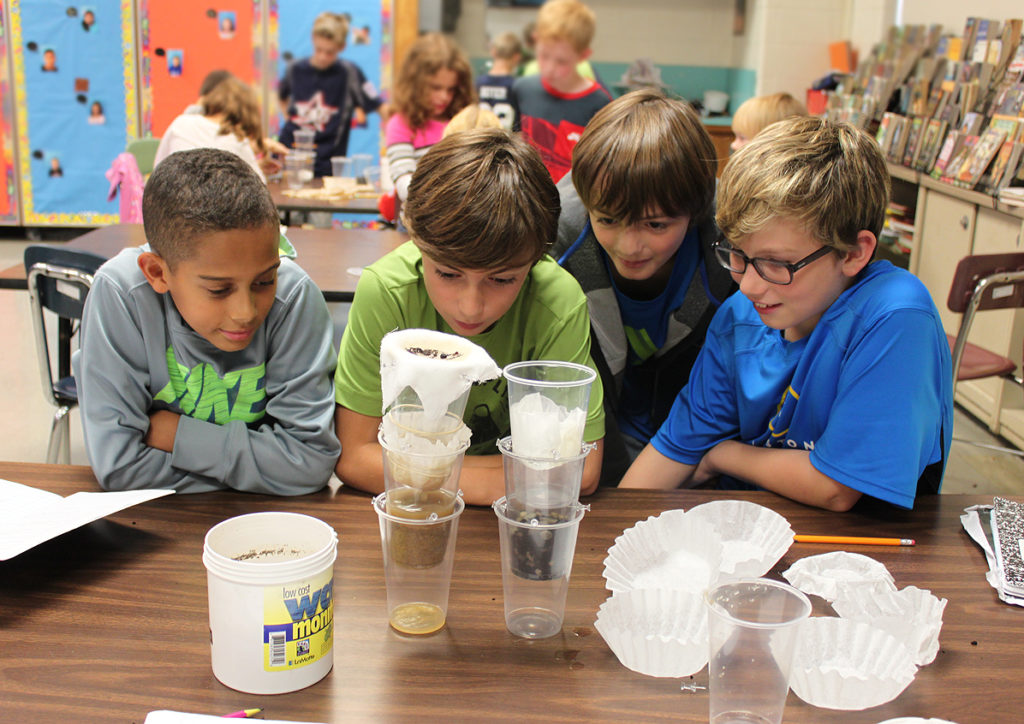Category: Analytics & Feedback
In 2018, we made an impact with 11 articles published in researcher and teacher practitioner journals that showcase the state of the field in STEM educational technology. Learn how automated scoring during formative assessment can diagnose and enhance students’ argumentation skills (#4), how modeling and simulation on a CAD platform can be used to teach […]
Eighteen states and the District of Columbia, representing more than a third of the U.S. student population, have adopted the Next Generation Science Standards (NGSS) since their release in 2013, and more are expected to follow. To make the most of NGSS, teachers need three-dimensional assessments that integrate disciplinary core ideas, crosscutting concepts, and science […]
How well do students learn genetics concepts using Geniverse in their high school biology class? Scarlett, the Geniverse female avatar, and Arrow the dragon journey to the remote Drake Breeder’s Guild. With funding from the National Science Foundation, we sought to understand the contributions and challenges of teacher implementation of digital games by studying Geniverse, […]
Our dragon genetics games have engaged thousands of students for many years. In that time, teachers have asked for an easy way to track their students’ progress and performance. Until now, teacher reports have been difficult to pull out of our system and impossible to parse in real time. The GeniGUIDE project, in partnership with […]
We’re thrilled to present five videos in the National Science Foundation STEM for All Video Showcase from May 17 to 23! We invite you to view the videos and join the conversation about the latest research in STEM and computer science teaching and learning. Please vote for our videos through Facebook, Twitter, or email! CODAP […]
Games, modeling, and simulation technologies hold great potential for helping students learn science concepts and engage with the practices of science, and these environments often capture meaningful data about student interactions. At the same time, intelligent tutoring systems (ITS) have undergone important advancements in providing support for individual student learning. Their complex statistical user models […]
